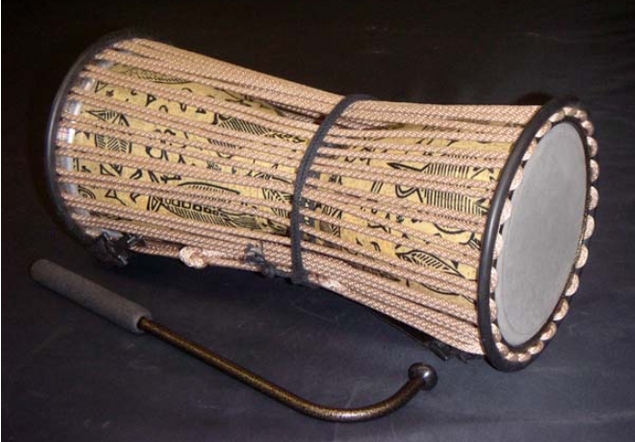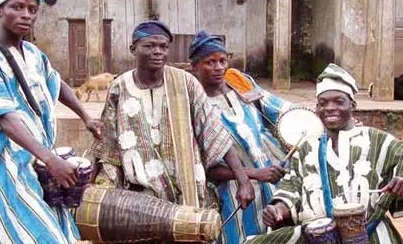
support@yorubalibrary.com
+2348073529208, 07038599574

Music is a powerful medium in Yoruba culture, and it plays a significant role in preserving and transmitting language and traditions. One effective way music serves this purpose is by teaching Yoruba idioms. Yoruba idioms, rich in meaning and cultural significance, are more easily learned and remembered when integrated into music. This article explores how music is used as a tool for teaching Yoruba idioms.
The Significance of Yoruba Idioms
Yoruba idioms are an essential part of the language, offering insights into the values, beliefs, and wisdom of the Yoruba people. They often encapsulate complex ideas and cultural nuances in a few words, making them a vital aspect of effective communication and cultural expression.
Music is inter-connected with Yoruba culture, used in ceremonies, celebrations, and daily life. It is a means of storytelling, education, and preserving history. Music’s rhythmic and melodic elements make it an ideal medium for teaching and learning.
Integrating Idioms into Music
Yoruba musicians frequently incorporate idioms into their lyrics, creating songs that are both entertaining and educational. The rhythmic repetition and melodic patterns in music help listeners remember the idioms. Popular artists like King Sunny Adé and Ebenezer Obey often use idioms in their songs, making them more accessible to a broader audience.
Research shows that music enhances memory retention. The combination of melody, rhythm, and repetition in songs helps embed information in long-term memory. When Yoruba idioms are sung, they are more likely to be remembered than when spoken. The musical context provides cues that aid recall.
Cultural Transmission Through Music
Music is a powerful tool for cultural transmission. By embedding idioms in songs, Yoruba culture ensures these linguistic gems are passed down through generations. Young people learn idioms through the songs they hear at home, during festivals, and at social gatherings, maintaining a connection to their cultural heritage.
Music is not only a form of entertainment but also an educational tool. Teachers and parents use songs to teach children Yoruba idioms, making learning fun and engaging. Songs can provide context for idioms, helping learners understand their meanings and usage.
Modern Adaptations
In contemporary times, the use of music to teach Yoruba idioms has evolved. Modern artists blend traditional idioms with contemporary music styles, making them relevant to today’s audience. This fusion ensures that Yoruba idioms remain a living, dynamic part of the culture.
Conclusion
Music is an effective tool for teaching Yoruba idioms, enhancing memory retention and cultural transmission. By integrating idioms into songs, Yoruba musicians ensure these important expressions are preserved and passed down through generations. Whether through traditional or contemporary music, Yoruba idioms continue to educate and inspire.

The unique styles of Yoruba Bata and Dundun dances…

The emergence of new age social media and impact i…